Vermicomposting
Vermicomposting is probably one of the best ways to recyle kitchen-and garden waste and convert it into nutrient rich soil conditioners.
In a society that producdes enormous amounts or organic waste on a daily basis it is extremely important to add nutrientes back to the soil to keep the grounds fertile and productive.
There are quite a few ways to take care of organic waste that are beneficial for our planet and the people living on it. Traditional composting on Compost heaps or in composters has been responsible for the largest amounts of recycled kitchen- and garden wastes. And although compost heaps are beneficial for the environment, they can be tricky and labour intensive if done properly.
A mature compost worm is ideal to be used for vermicomposting.
To manage a composter or a compost heap successfully it is important to set it up properly and work on it in regular intervals.
Vermicomposting is easy
Vermicomposting is a much easier way to recycle organic waste that gains more and more popularity worldwide.
The process is as well known as worm farming and worm composting.
It is done with the help of compost worms that thrive on rich organic kitchen- and garden waste. The worms eat the garden waste that starts to decompose and convert it into worm castings (worm poop).
These worm castings are infinitely richer in nutrients than richest of top soils.
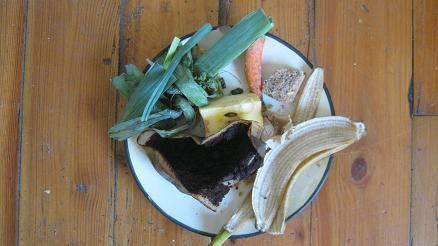
The kitchen waste on this plate shows some of the kitchen wastes that would serve as excellent worm food.
Compost worms will live happily in worm farms or worm composting bins. These worm composters that can are mostly made of plastic or wood come in many different shapes and sizes.
Worms are not very fussy and will live in virtually any container you prepare for them.
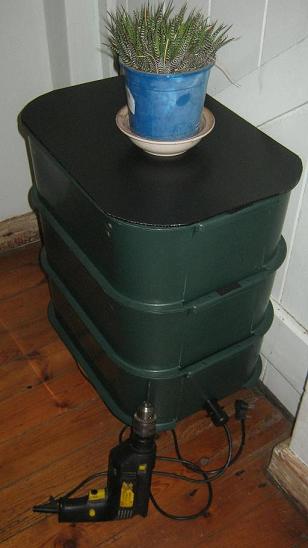
A popular 3 tier worm farm that can be bought commercially or made at home is one of the best ways to keep worms!
Vermicomposting reduces as well the production of harmful methane- and CO2 gases.
These greenhouse gases are produced in small amounts when organic waste is recycled on properly managed compost heaps and in large amounts when organic materials are thrown and buried on landfills. Another great benefit of composting with worms is the fact that worm castings are straight away available as plant food. #
Worm castings are a slow release fertilizer and will give their nutrients to plants for up to 6 months.
Worm castings can as well be be used as soil conditioner and will help in the production of worm tea and compost tea. Both products are liquid plant foods and serve as well as natural pesticides.
Worm farming is a low maintenance way to recycle wet waste. A worm compost bin can be sucessfully managed with just
a few minutes of maintenance per week. In the links below you will find out more about the benefits of worm composting and how you can build your own fully functional worm compost bin.
For more worm compost related information!
Type your question or keywords (for example “earthworm”) into the search box below.
How to create an income with earthworms
----------
-----------
-----------
----------
-----------
-----------
-----------
Learn more about worm composting
----------
How to build a worm compost bin at home!
Search / Suchen
On SPECIAL
"How to start a profitable worm business on a shoestring budget
Order a printed copy from "Amazon" for only
$11.95
or a digital version from the "Kindle" store for only
$4.95
Prices valid till 31.07.2025
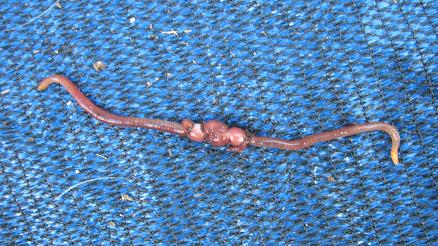
Our New Book
Order the Kindle E-book for the SPECIAL PRICE of only
$3.95
Prices valid till 31.07.2025!
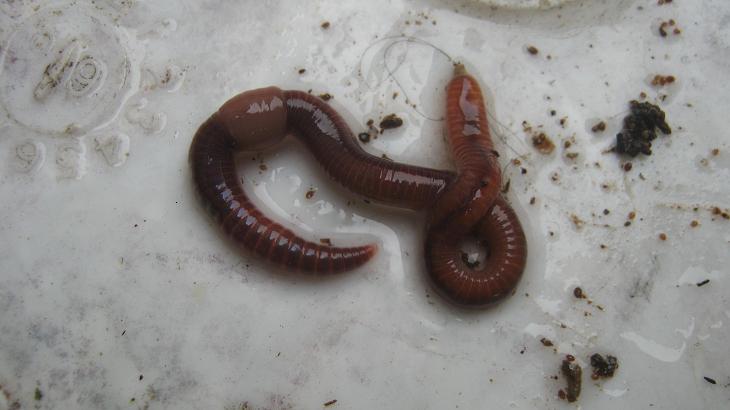
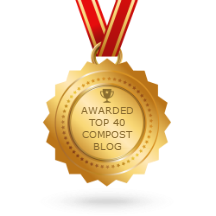
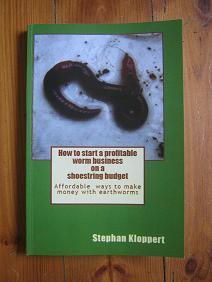
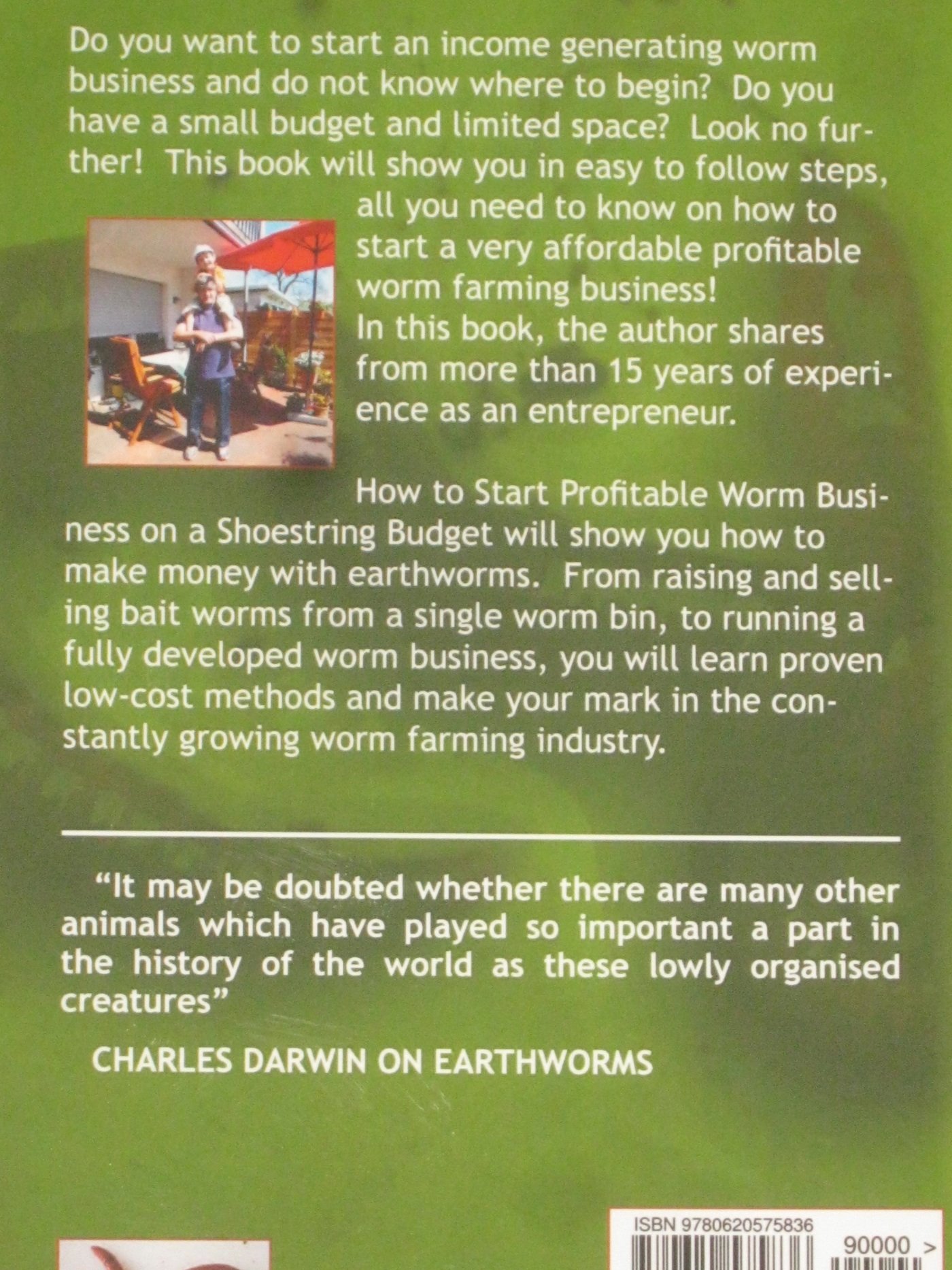

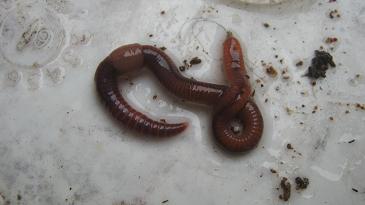
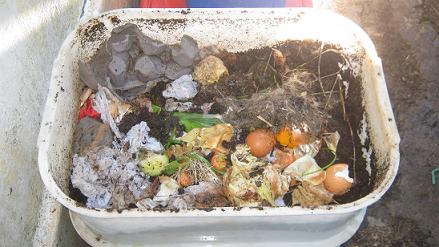
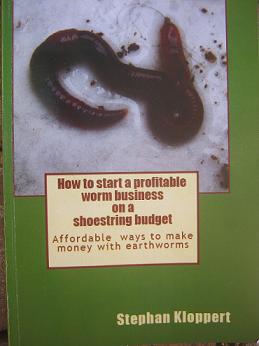
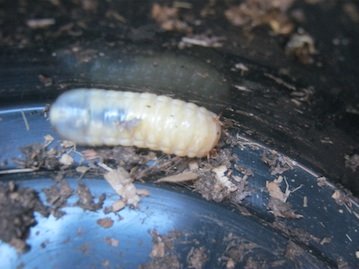
New! Comments
Have your say about what you just read! Leave me a comment in the box below.